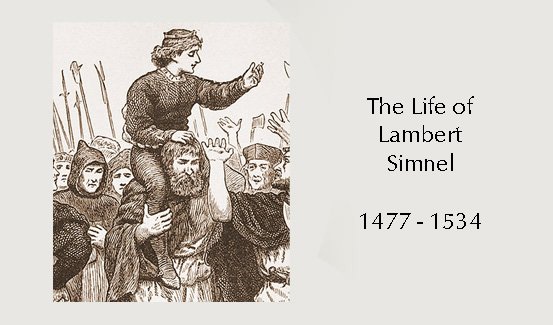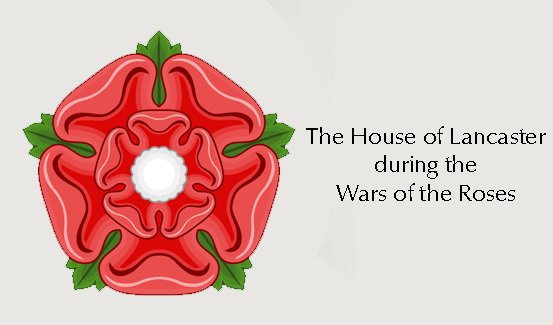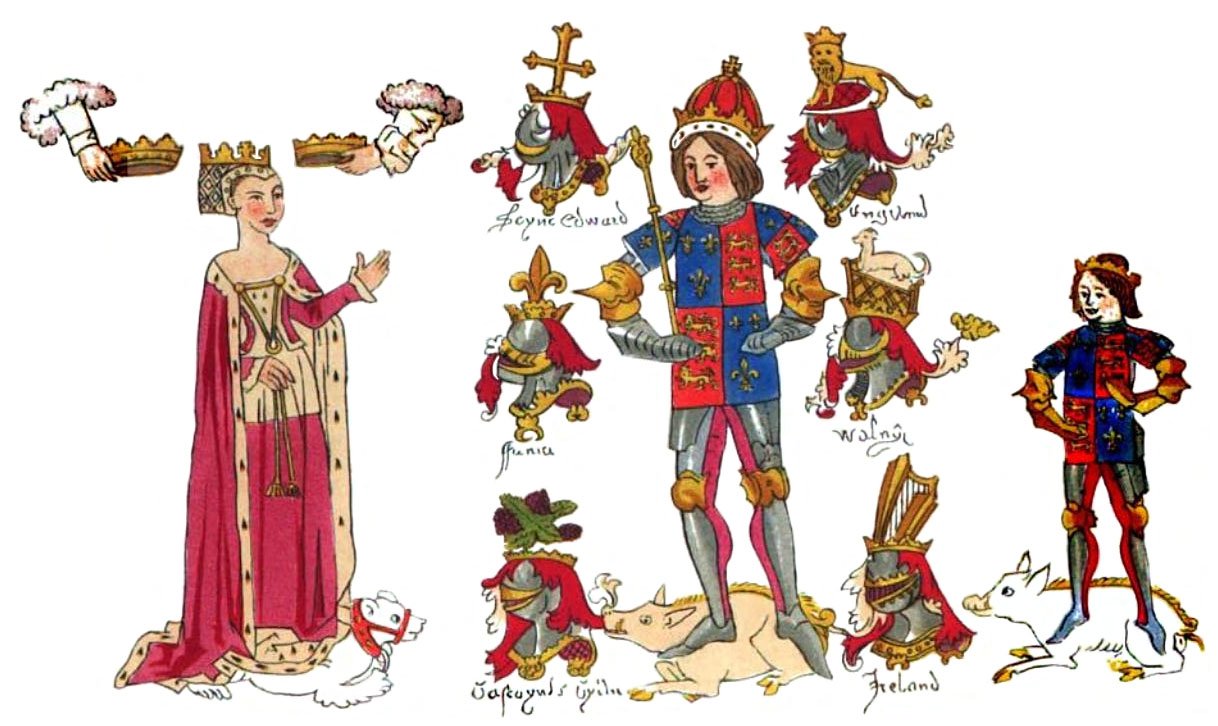The Battle of Barnet – 1471 The Battle of Barnet, which took place on 14th April 1471, was a significant battle during the Wars of the Roses, a series of civil wars that plagued England during the 15th century. The battle was fought between the forces of the House of York, led by King Edward …
More-
The Battle of Barnet 1471
-
The Life of Lambert Simnel
The Life of Lambert Simnel Lambert Simnel was an important figure in the history of England during the late 15th century. He is primarily known for his role in the “War of the Roses,” which was a series of civil wars fought between the House of Lancaster and the House of York for control of …
More -
Timeline of the Wars of the Roses
Timeline of the Wars of the Roses Welcome to our timeline of the Wars of the Roses. The Wars of the Roses were a series of English civil wars fought between two rival branches of the royal family: the House of Lancaster, whose symbol was a red rose, and the House of York, whose symbol …
More -
The House of Lancaster during the Wars of the Roses
The House of Lancaster during the Wars of the Roses The House of Lancaster was one of the two main factions that fought for control of the English throne during the Wars of the Roses, a series of conflicts that took place in the 15th century. The Lancastrian faction was led by members of the …
More -
The House of York during the Wars of the Roses
The House of York during the Wars of the Roses The House of York was one of the two main factions that fought for control of the English throne during the Wars of the Roses, a series of conflicts that took place in the 15th century. The Yorkist faction was led by members of the …
More -
What does ‘Loyaulte Me Lie’ mean?
What does Loyaulte Me Lie mean? Loyaulte Me Lie means ‘Loyalty Binds Me’ and it was the personal motto of King Richard III of England. Some might consider the motto ‘Loyalty Binds Me’ to be somewhat ironic in hindsight. After all, wasn’t this the King of England who had his nephews, Edward V and his …
More -
The Catte, The Ratte and Lovell our Dogge
The Catte, the Ratte and Lovell our Dogge In London during July 1484, King Richard III was monarch having succeeded following the death of his brother Edward IV. However, as history was to show in dramatic effect, his rule was not universally welcome. It was William Collingbourne, a landowner from Wiltshire, who was to was …
More






